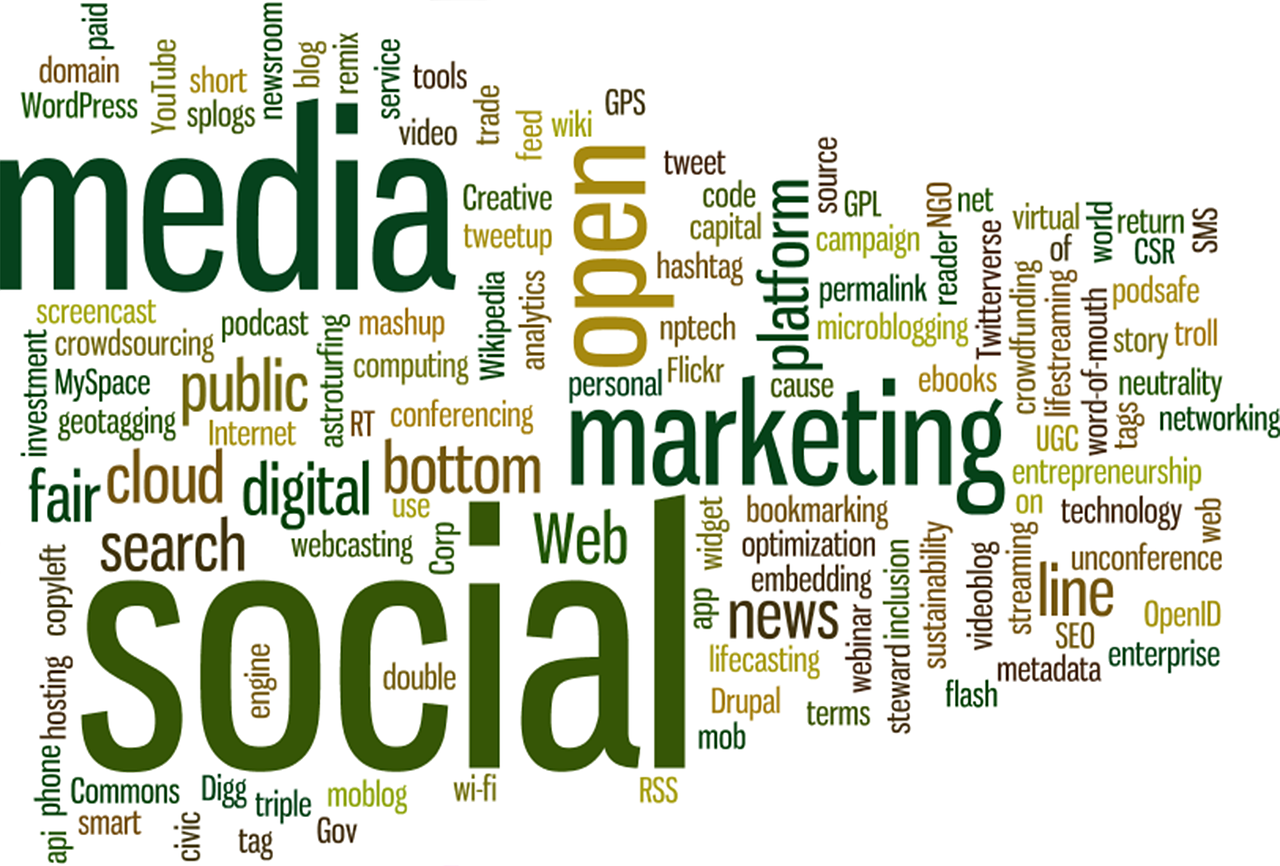疫情的新闻报道英语作文80词(疫情的新闻报道英语作文80词怎么写)
The Impact of the Pandemic: A Global Perspective
In the early hours of 2020, the world was thrown into chaos as the news of a novel coronavirus, later named COVID-19, began to spread like wildfire. The virus, which had originated in China, quickly became a global pandemic, upending the lives of billions across the world. This article explores the impact of the pandemic on various aspects of society, from healthcare to economics to daily life.
Healthcare Systems Under Pressure
The first wave of the pandemic saw healthcare systems around the world buckle under the weight of an unprecedented number of infections. Hospitals in Italy, for instance, were overwhelmed with patients, leading to a shortage of ventilators and intensive care beds. Similar scenes were witnessed in Spain, France, and the United Kingdom. The United States also faced a crisis, with medical staff working round the clock to treat patients and prevent further spread.
The pandemic exposed the fragility of healthcare systems and highlighted the need for better preparedness and coordination in the face of such crises. Governments and private sectors alike were forced to reevaluate their strategies for public health and invest in research to develop vaccines and treatments.

Economic Fallout
The economic impact of the pandemic was felt across all sectors. Businesses, particularly those in the hospitality, tourism, and retail industries, saw a sharp decline in revenue as lockdowns and travel restrictions were imposed. Unemployment rates soared, with millions losing their jobs. Governments responded with stimulus packages and bailouts to cushion the blow, but the damage was significant.
The pandemic also accelerated the shift towards digitalization. Companies that could adapt to remote work and online services saw a surge in demand. This trend is likely to persist even after the pandemic, as people become more comfortable with digital interactions and businesses realize the benefits of a remote workforce.
Social and Psychological Effects
The pandemic has had far-reaching social and psychological effects. The isolation and uncertainty caused by lockdowns led to an increase in mental health issues such as anxiety and depression. The loss of loved ones and the disruption of daily life took a toll on people's well-being.

To combat these effects, governments and non-profit organizations launched various initiatives to provide mental health support. Telemedicine and online counseling services became accessible to those in need. However, the stigma surrounding mental health issues remains a challenge, and more needs to be done to break down barriers and promote open conversations about mental health.
Education Disrupted
The education sector was also severely disrupted by the pandemic. Schools and universities around the world closed their doors, forcing a shift to online learning. While some students adapted well to remote learning, others struggled with the change. The digital divide, which had already been a concern before the pandemic, became more pronounced as students without access to reliable internet or devices were left behind.
Governments and educational institutions worked to bridge this gap by providing hotspots and devices to those in need. However, the long-term effects of disrupted education are still being felt, with concerns about learning loss and social-emotional development in children.
Global Cooperation and Response

The pandemic has highlighted the need for global cooperation in times of crisis. The World Health Organization (WHO) played a pivotal role in coordinating the international response, providing guidance and resources to countries in need. However, the response was not uniform, with some countries facing criticism for their handling of the crisis.
The pandemic has also brought to light the need for a more equitable global health system. The unequal distribution of vaccines and medical resources has sparked debates about access and fairness. Efforts are underway to improve global health governance and ensure that all countries have access to essential healthcare services.
Conclusion
The COVID-19 pandemic has been a defining moment in human history, with far-reaching consequences for society, economics, and public health. While the world has made significant progress in controlling the virus through vaccination and public health measures, its impact will be felt for years to come. The lessons learned from this crisis will shape our approach to future challenges and underscore the importance of global cooperation and resilience. As we move forward, it is crucial to continue investing in public health infrastructure, supporting mental health services, and ensuring equitable access to resources for all.





还没有评论,来说两句吧...